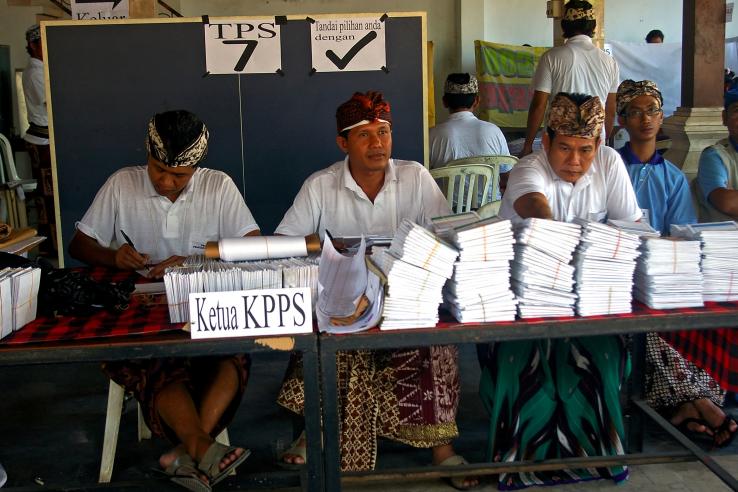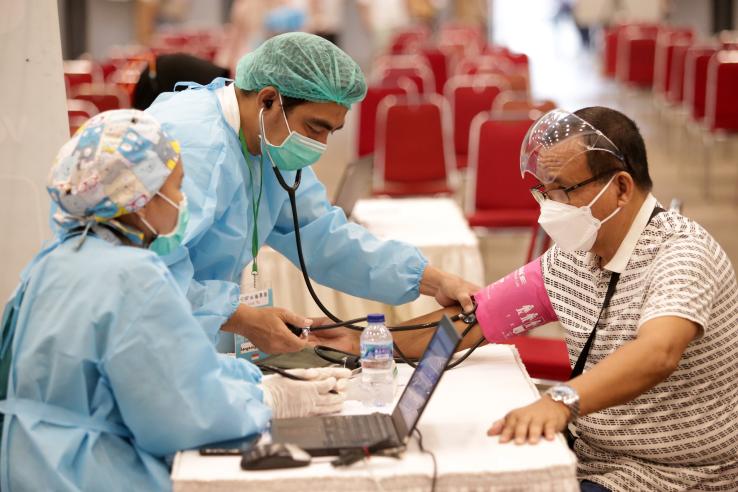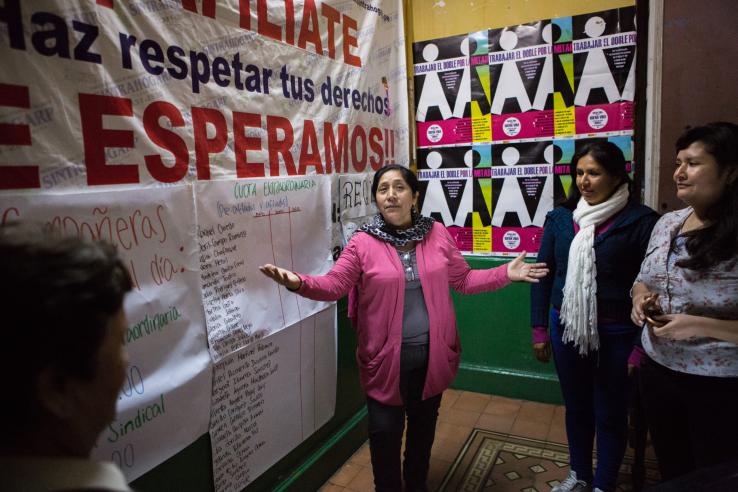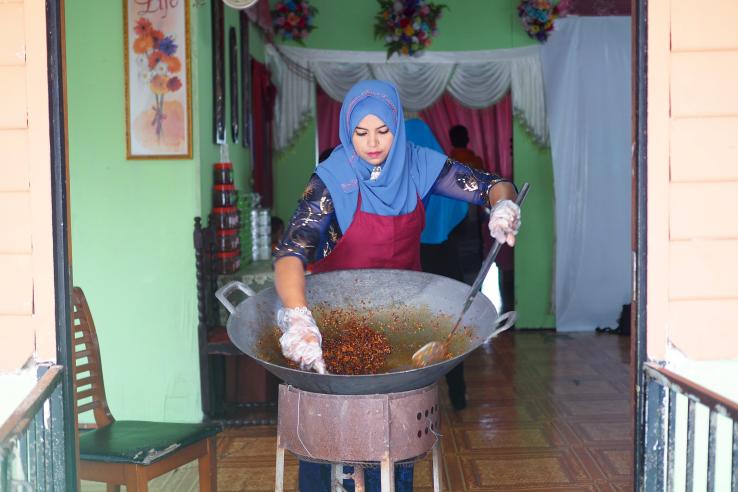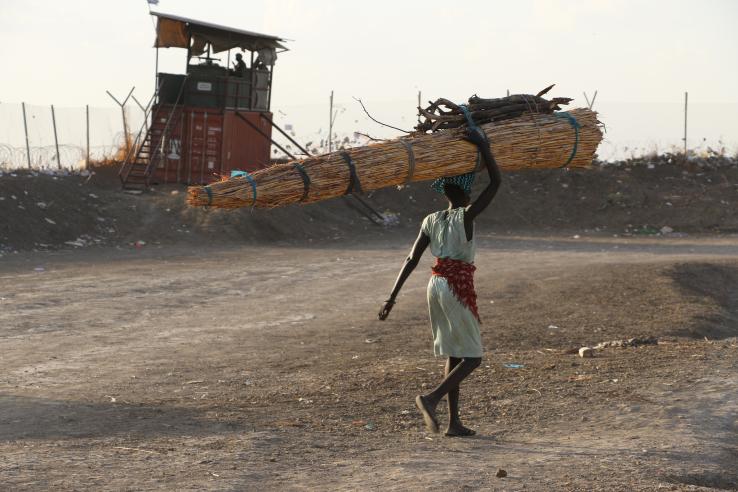Displaying 3901 - 3915 of 8489
Research Paper
File: Research paper
Research Paper
File: Research paper
Resource
Basic page
In March 2025, J-PAL Africa and the Ministry of Development and Coordination of Government Action (MDC) launched a multi-year partnership to support the generation and use of evidence in public policy across Benin. The collaboration builds on the country’s growing commitment to evidence-informed...
Policy Publication
File: Policy publication
Skills are important for accessing high-quality jobs and being more productive. However, in Brazil and other countries in Latin America and the Caribbean, many people neither receive adequate training nor develop skills that are demanded in the labor market. This publication—produced in co...
Policy Publication
File: Policy publication
Barriers like skill communication issues, lack of information, and behavioral biases can complicate the job search process. This publication, co-authored by JOI Brasil and the Inter-American Development Bank, examines evidence on job search assistance programs and their implications for improving...
Policy Publication
File: Policy publication
Limited access to financing is a significant barrier for small and medium-sized enterprises, and microcredit programs aim to help entrepreneurs by offering low-value financing to foster growth. This publication, co-authored by JOI Brasil and the Inter-American Development Bank, reviews evidence on...
Initiative
J-PAL’s Governance Initiative (GI) funds randomized evaluations of interventions designed to improve participation in the political and policy process, reduce corruption and leakages, and strengthen state capacity.
Blog
A letter from Iqbal Dhaliwal, J-PAL's Global Executive Director, on J-PAL's ongoing response to the COVID-19 pandemic.
Policy Publication
File: Policy publication
Informality remains a central feature of the Brazilian labor market, affecting around 38 percent of the workforce. Although the country experienced a significant decline in informality during the 2000s, mainly due to rising education levels, progress has since stagnated. Informality continues to...
Initiative
The IKEA Foundation is supporting the J-PAL and Innovations for Poverty Action (IPA) to generate and share new evidence on the impacts of livelihoods programs for displaced populations and host communities.
Initiative
HPI is a collaboration between J-PAL and Innovations for Poverty Action (IPA) with support from the Foreign, Commonwealth and Development Office (FCDO) from the UK Government. The initiative will generate and share new evidence to inform policy and practice to effectively improve protection of...
Blog
J-PAL Africa has launched a multi-year partnership with Benin’s Ministry of Development and Coordination of Government Action to co-identify, generate, and integrate evidence into policy across the government.
Blog
Through our African Scholars Program, we hope to help create more opportunities for African researchers to advance the research agenda on the continent through randomized evaluations. In this spotlight, we speak with Oluwaremilekun Adebisi of the University of Ilorin in Nigeria.
Initiative
J-PAL’s Innovations in Data and Experiments for Action Initiative (IDEA) aims to increase the use of administrative data by governments, non-profits, and private firms for evidence-informed decision-making.
Blog
Through our African Scholars Program, we hope to help create more opportunities for African researchers to advance the research agenda on the continent through randomized evaluations. In this spotlight, we speak with Oluwabunmi Adejumo of Obafemi Awolowo University, Nigeria



